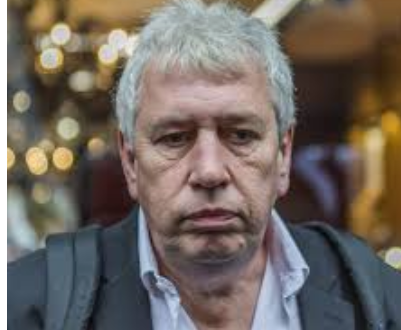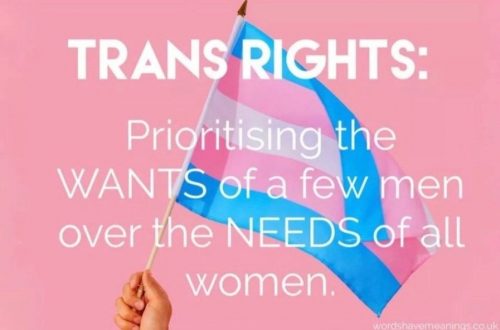Here are a few of the stories which have caught my eye recently. This article by Brian Whitaker offered welcome news of Tunisia’s provisional government’s apparent commitment to women’s rights. Tunisia has generally had a better record in this regard than other countries in the region, and has now taken a still more decisive step in the right direction.
It has become the first country in the region to withdraw all its specific reservations regarding Cedaw – the international convention on the elimination of all forms of discrimination against women.
This may sound a rather obscure and technical matter but it’s actually a very important step. It reverses a long-standing abuse of human rights treaties – especially in the Middle East – where repressive regimes sign up to these treaties for purposes of international respectability but then excuse themselves from some or all of their obligations.
Meanwhile in Iran a women’s rights activist has been beaten up by security forces. This is part of a wider crackdown against journalists and government critics.
A Safe World for Women offers an insight into violence against women and girls in Chad.
Much contention surrounds certain accepted practices in Chad, from young girls being forced into marriage to female genital mutilation and even paying compensation to the families of raped girls, as opposed to prosecuting rapists.
The Roma Buzz Aggregator linked to this chilling article about forced (or coerced) sterilisations carried out on the Roma in recent decades. It is thought that up to 90,000 women may have been affected by this practice in the former Czechoslovakia, for example. Although sometimes financial incentives or sanctions were deployed, in some instances doctors simply sterilised women without their consent during Caesarean operations.
I admitted to having occasional misgivings about some discussions of violence against women on the recent thread about the EDL supporter who was beaten up. This is not to say that it isn’t an important issue – but men are victims of violence too, including domestic violence and harassment. With that in mind, I thought this was a thoughtful review on the F Word of a new book about abusive relationships.
The campaign material states that 75% of girls and 50% of boys say they have suffered emotional abuse in relationships, and the website makes it quite clear that both boys and girls can suffer abuse, but the campaign videos only show boys abusing girls. While this may reflect the majority of abusive relationships, I think this was a mistake on the part of the campaign’s producers. While there is nothing wrong with campaigns that focus on male abuse of women (indeed, they are very important), this campaign aims to raise awareness of abusive relationships no matter the gender of the victim and perpetrator, and so the campaign material should also feature same-sex couples and girls being abusive towards boys. As it is, the campaign leaves itself open to criticism and the risk that its messages will be ignored by those who object to the focus on male>female abuse.
In response to a comment on this post on Shiraz, asking for suggestions of how to do something pro-Palestinian rather than anti-Israel, I suggested (having just come across a reference to them elsewhere) that these people might be worth supporting.
We produce award-winning fair trade organic olive oil, za’atar spice mixes, carob syrup, honey, olive oil soaps and baskets woven using traditional methods.
We strive to strengthen the economy of the Arab-Palestinian population in general and to enhance the empowerment of Arab women in particular. Our organization is a unique Arab-Jewish cooperation which shows that a solution to the Middle East conflict begins with creating real economic opportunities.
And finally, a typically straight talking piece from the excellent Ophelia Benson.


